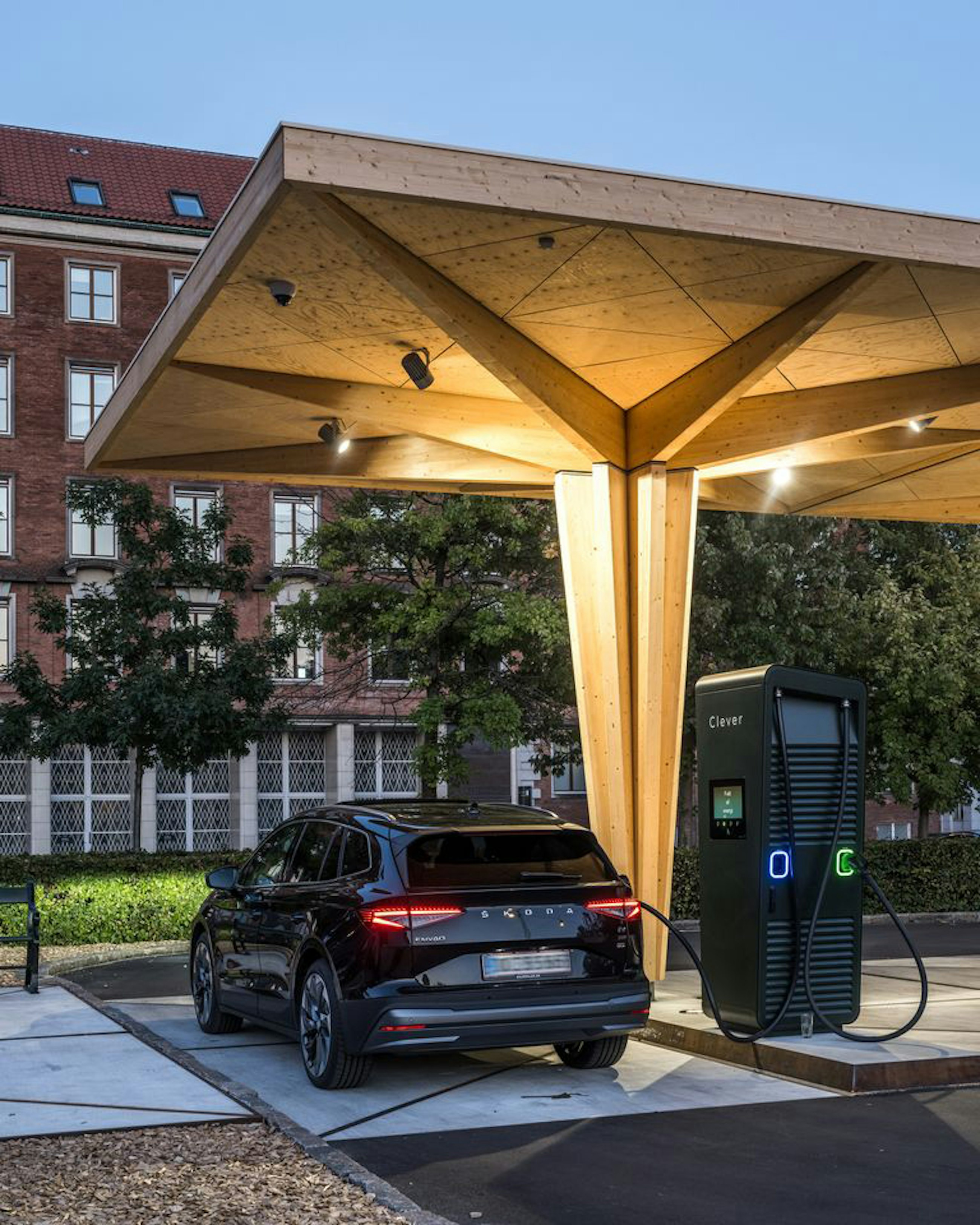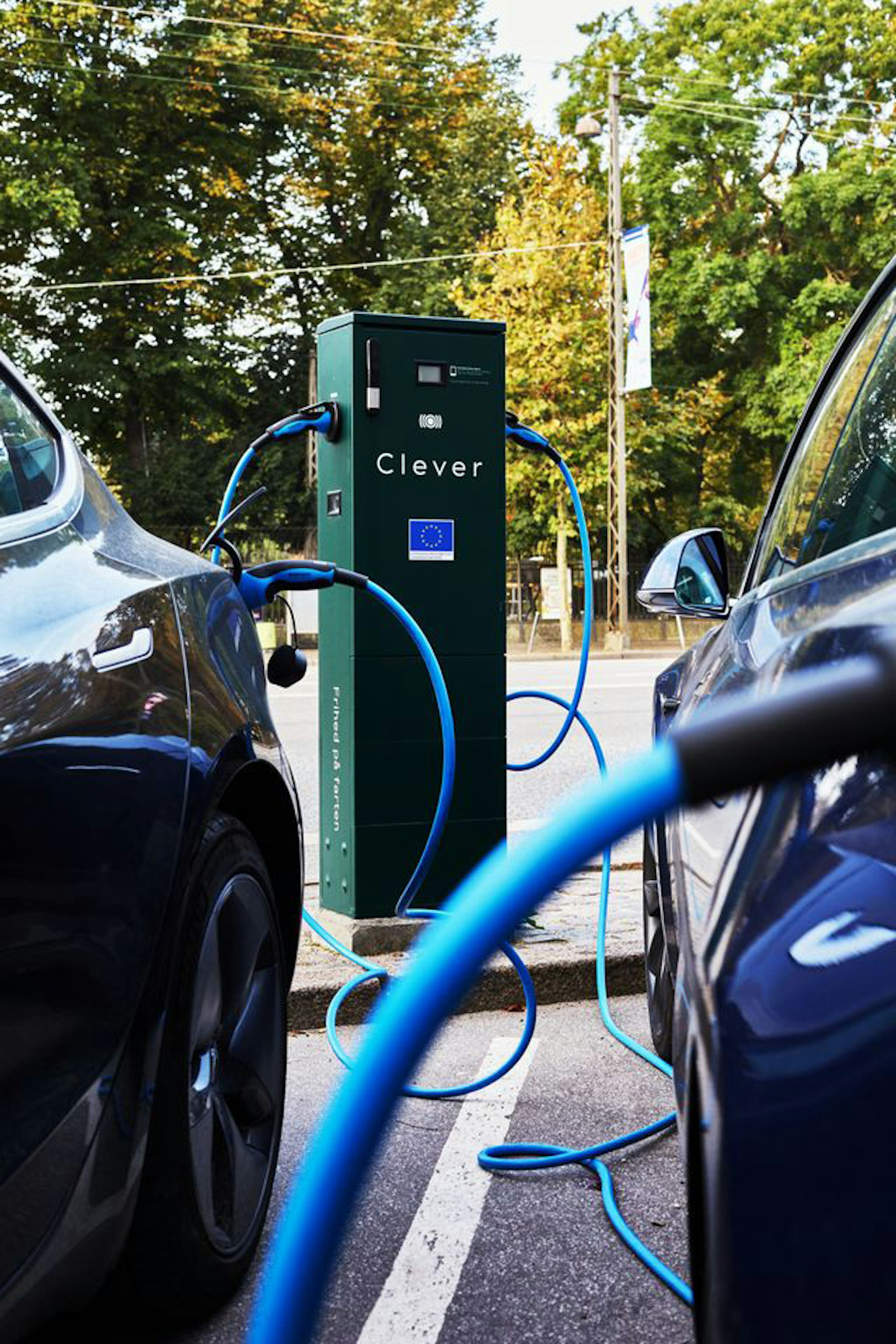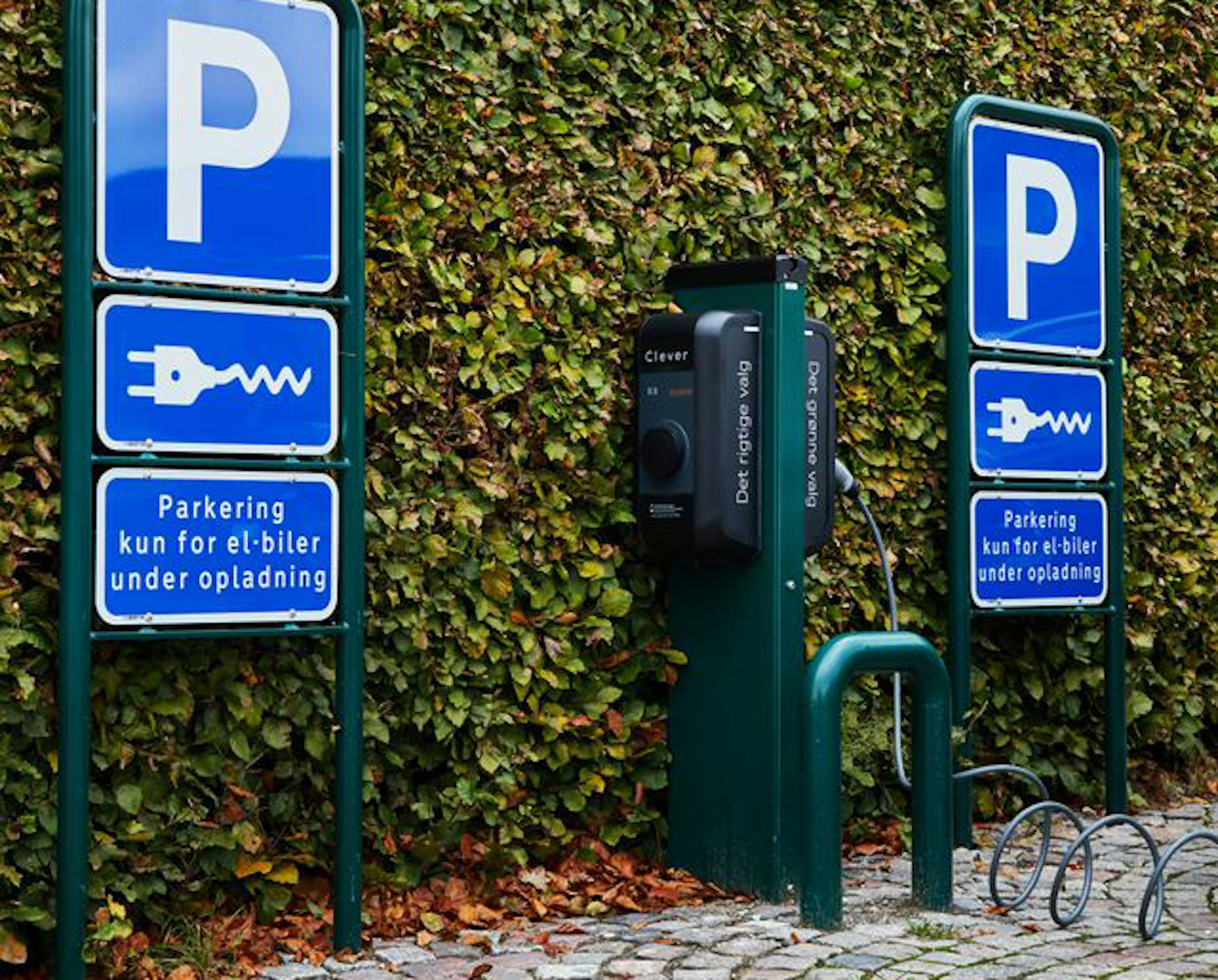Designing a future strategy to not only ensure but also sustain a competitive advantage
To take a more responsive approach to the new realities of Clever’s external environment, it was obvious that Clever’s strategic choices needed to be reviewed and updated based on a clear understanding of the future outlook for the industry. An updated strategy was needed.
According to Michael Porter, “the essence of strategy is choosing to perform activities differently than your rivals”. Hence, it is rarely sufficient to lower prices, improve operations etc., as such initiatives can easily be imitated by the myriad of competitors in the EV market. Instead, Clever, in close collaboration with Implement, created four business unit strategies that seek to improve the entire customer experience at Clever, with the overarching aim of making “choosing Clever” the easiest decision for anyone driving or considering driving an EV.
To develop such a strategy, market insights were gathered through interviews with key players in the industry and subject matter experts from Clever and Implement, as well as through extensive market analysis of the EV charging market in Denmark.
Further, a range of strategic issues was investigated that sought to tackle the long list of future challenges and ensure that Clever would not only gain but also sustain a competitive advantage. Issues considered were ensuring long-term relevance through hardware improvements and smart chargers that are easily accessible via an app; differentiating the company from and competing with the myriad of direct competitors that are aggressively trying to disrupt the EV charger market through tech solutions; influencing current and upcoming regulatory policy to foster long-term relationships with public partners; and offering B2B solutions that are more flexible and financially attractive than those of competitors. The list goes on.


